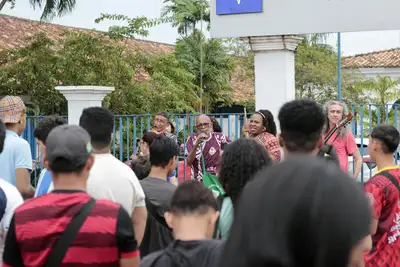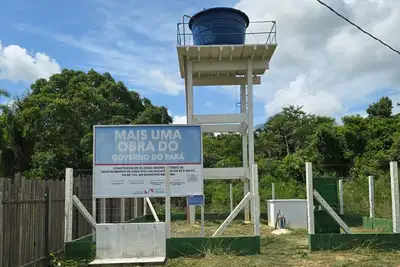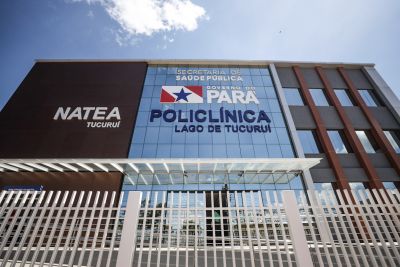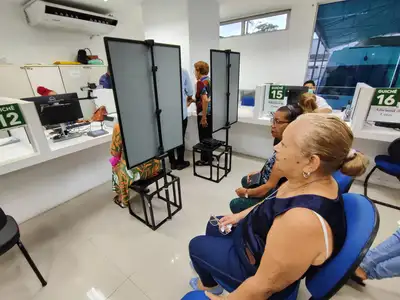Emater encourages açaí management to quadruple income on Marajó Island
Riverside families are settlers of the agrarian reform in the municipality of Afuá
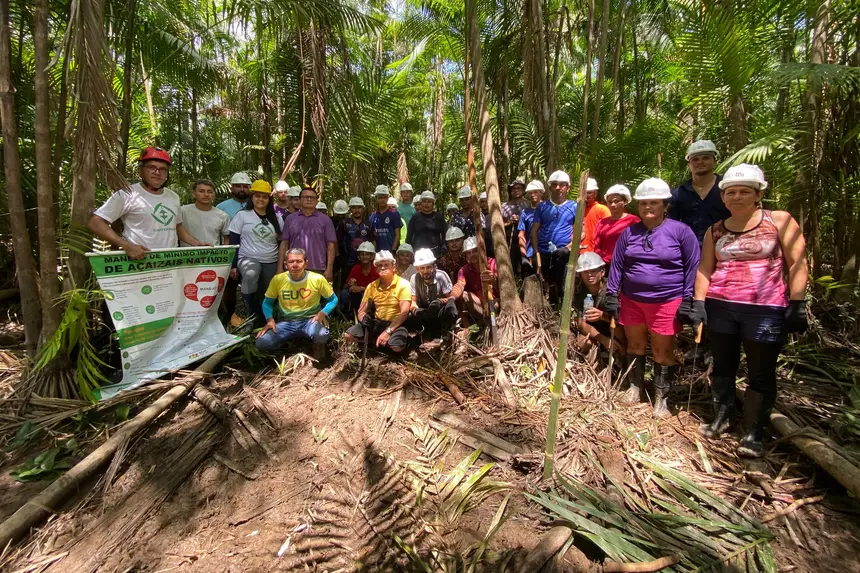
Under the guidance of the local office of the Technical Assistance and Rural Extension Company of the State of Pará (Emater), the management of açaí groves in the floodplain of the rivers of Afuá, in Marajó, can quadruple the income of extractivists living on islands in federal settlement areas within four years. Currently, each family assisted by Emater works on about two hectares and has an annual gross revenue of, on average, up to R$ 30,000, selling the açaí seed in natura mainly to the neighboring state of Amapá.
The estimate from Emater specialists regarding profit projection and market opening is based on structural incentives, such as access to rural credit and strengthening of associations and cooperatives, as well as continuous updates on the technological package of the project "Bem Diverso" from the Brazilian Agricultural Research Corporation (Embrapa). The project is part of the United Nations Development Program (UNDP), funded by the Global Environment Facility (GEF).
According to Emater's expertise and partners, the adoption of the recommended strategies, including those aimed at environmental preservation - such as mowing, cleaning, and species compatibility - leads to results beyond income transformation, increased productivity, and reduced labor costs: in this case, families can stabilize the harvest period and collect the fruit for at least ten months of the year - from November to August.
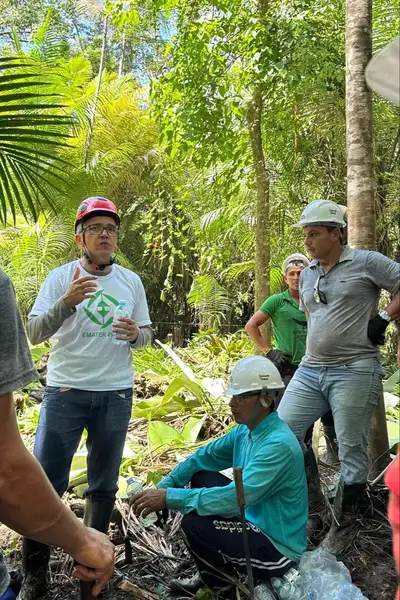
“It’s açaí all year round - and this factor is extremely relevant for food and nutritional security, because even in the period expected for unproductivity, September or October, there is still enough for what the Amazonian riversider calls 'the drink' [from the verb 'to drink']. Açaí is one of the main foods of tradition, within the homes of the extractivists themselves,” explains the head of the local Emater office in Afuá, agronomist Alfredo Rosas, who holds a postgraduate degree in Environmental Soil Management.
Training
Rosas led the last training conducted by Emater throughout this month of August, with the support of Embrapa, the Amapá Biodiversity Food Cooperative (Bio+Açaí), and the City Hall.
A total of 62 families participated in the Native Açaí Minimal Impact Management Workshop. They live in the Santa Rita community, in the Charapucu Island settlement, along the Aningal River, and in the Pentecostes community, in the Cajuúna Island settlement, along the Cajuúna River.
During the experience, the extractivists received personal protective equipment (PPE) kits donated by Bio+Açaí, containing boots, helmets, files (steel tools used for shaping), plastic tarps, gloves, goggles, and machetes. According to Emater, each free kit represents an annual savings of R$ 250 to R$ 300 for the extractivists.
In the Tenda da Benção community, extractivist Janilson Pureza, 45, combines the influence of religious leadership as an evangelical pastor and social leadership as president of the newly established Agroextractivist Cooperative of Afuá (Coop Brasil), with the encouragement of Emater. There are 23 members from four communities: Betesda, on the Curupaxi River, and the federal settlement territories of Pentecostes, Santo Antônio, and Tenda da Benção.
“Talking is important, but showing is the true example. My experience with Emater is very beneficial because it is an agency I have relied on for 16 years, always guiding and encouraging. The issue of management makes all the difference: the product enhances quality, productivity increases, production rises, and the collection process is facilitated,” he details.
Janilson and his wife, Claudiane Pureza, 37, live with their three children on the Boa Esperança Farm: Eliabe, 8 months; Samilly, 9 years; and Samuel, 15 years. Açaí is on the menu every day, for lunch and dinner, without sugar and with water flour. “We are 'addicted', in the best sense,” he jokes.
Text by Aline Miranda


